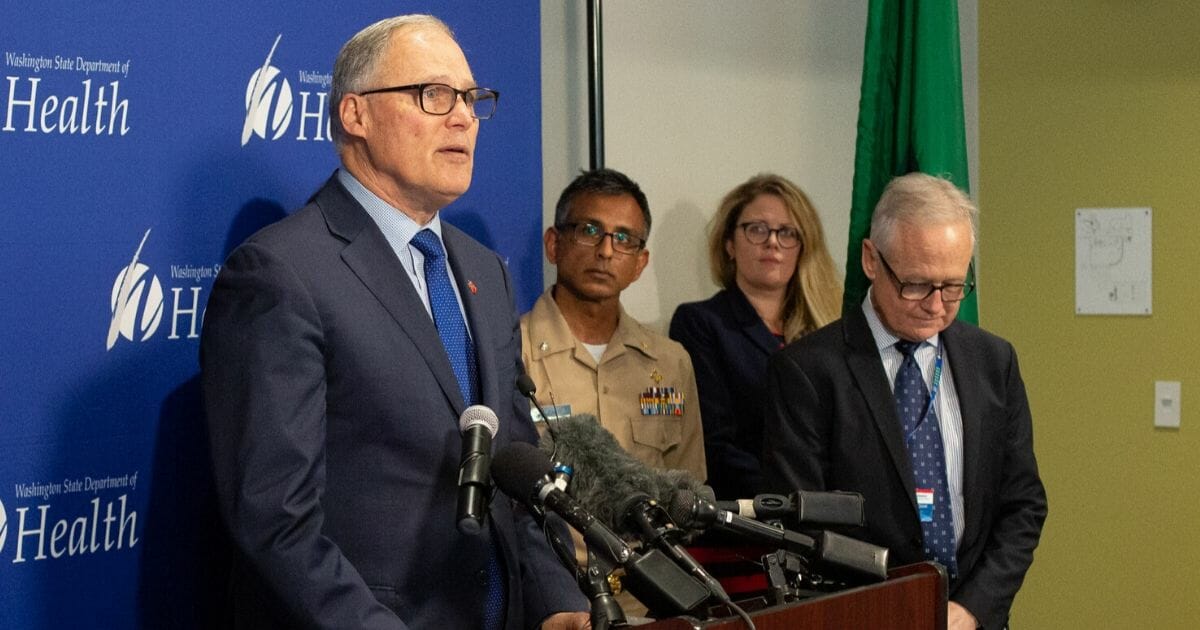
WA State Officials Quietly Deciding Who Gets Medical Care When Hospitals Fill
Washington state officials and clinicians have discussed the possibility of rationing health care across the state for coronavirus patients.
Medical leaders in the state with the highest number of coronavirus deaths in the country — 74 as of Thursday — have begun preparing a bleak strategy to determine which patients will be denied medical care if the health system becomes overwhelmed, according to The New York Times.
The state fears a critical shortage of supplies to take care of coronavirus patients, especially ventilators, according to people on a conference call Wednesday.
The leaders are considering a triage document to assess certain facts — including age, health and likelihood of survival — to determine who will get access to care and who will not.
The statewide effort will ensure that individual doctors and hospitals will not have to make those decisions themselves.
In a three-hour webinar, state officials told clinicians that they will have to implement “crisis standards” for rationing care when there are more COVID-19 patients than ventilators, NBC News reported.
“If you are above a certain age and we have a shortage of ventilators, you don’t get one,” Cassie Sauer, CEO of the Washington State Hospital Association said.
“This has never happened in America at this level for this sustained time. … It is unprecedented and it should not happen.”
Sauer said that more hospital beds and equipment, including ventilators and protective masks, could reduce the need to take such drastic measures.
Some help will arrive soon as the U.S. Navy hospital ship Mercy, which has 80 intensive care beds, is headed for Seattle, where it will dock and assist with seriously ill patients.
But health care workers in the state have had to take things into their own hands. Hospitals have postponed elective surgeries in order to preserve precious resources.
“We recognize based on current data that our local Covid-19 trajectory is likely to be similar to that of Northern Italy,” an email sent to surgeons at a hospital in the Seattle area read, The New York Times reported.
“While our supplies may be sufficient today, we are practicing the responsible allocation of those resources that will be necessary to continue our care into the future we have yet to see.”
One large hospital system in the area has also started using handmade masks and face shields for doctors and health care workers, Reuters reported.
King County officials have begun construction on a field hospital at a soccer field.
Sauer said the crisis care planning still came as a shock for many people on the call.
“This is a shift to caring for the population, where you look at the whole population of people who need care and make a determination about who is most likely to survive, and you provide care to them,” she said.
“Those that have a less good chance of survival — but still have a chance — you do not provide care to them, which guarantees their death.”
Truth and Accuracy
We are committed to truth and accuracy in all of our journalism. Read our editorial standards.
Advertise with The Western Journal and reach millions of highly engaged readers, while supporting our work. Advertise Today.












